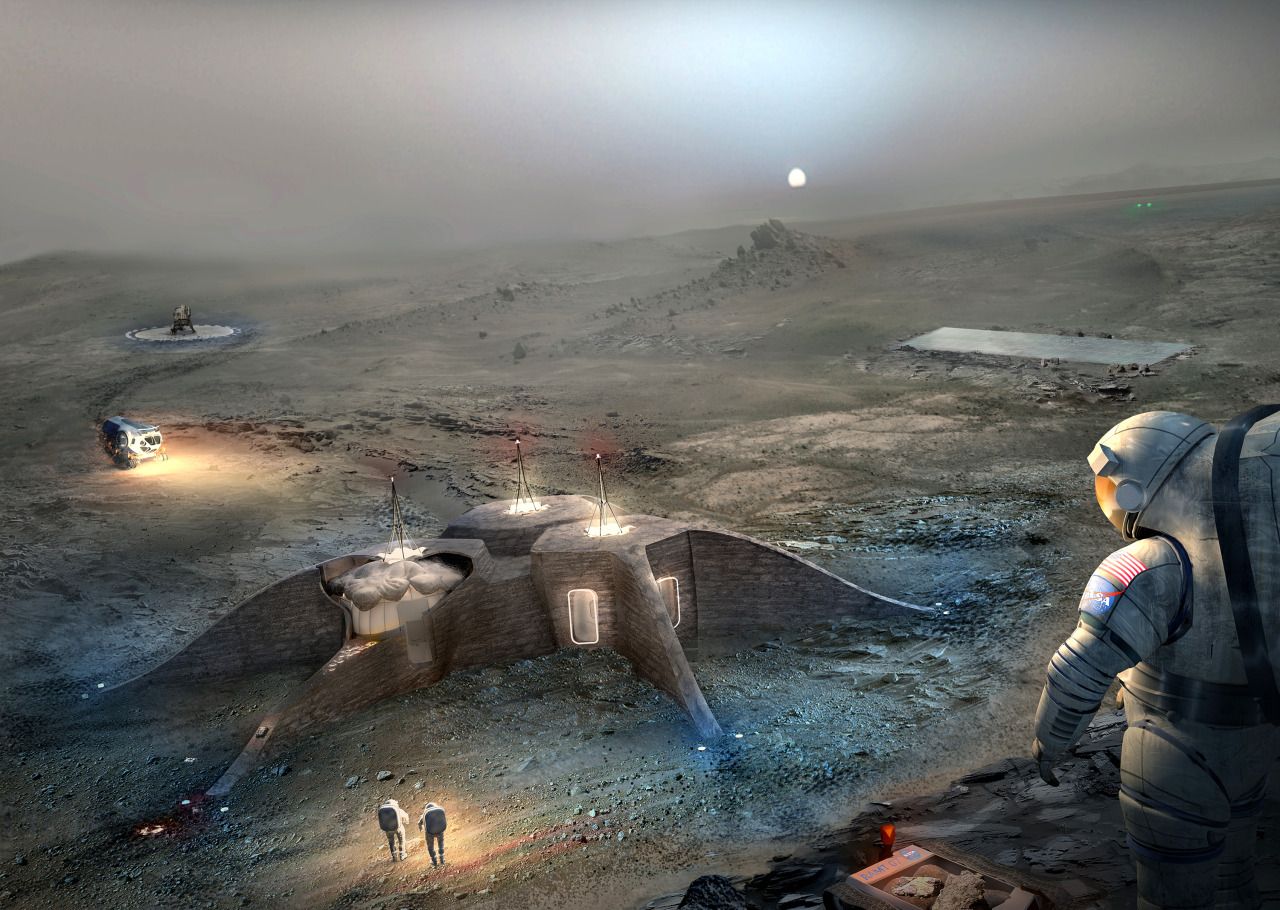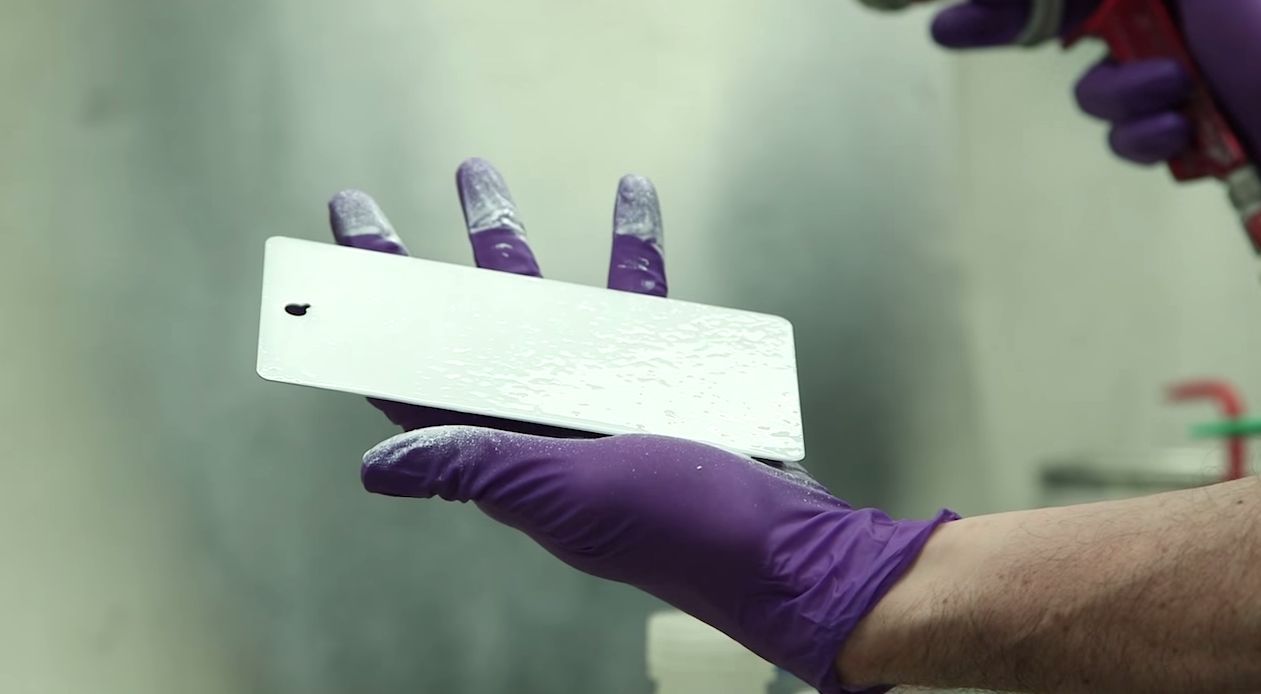Archive for the ‘habitats’ category: Page 137
Sep 5, 2015
7 real NASA technologies in sci-fi movie The Martian
Posted by Shailesh Prasad in categories: food, habitats, space
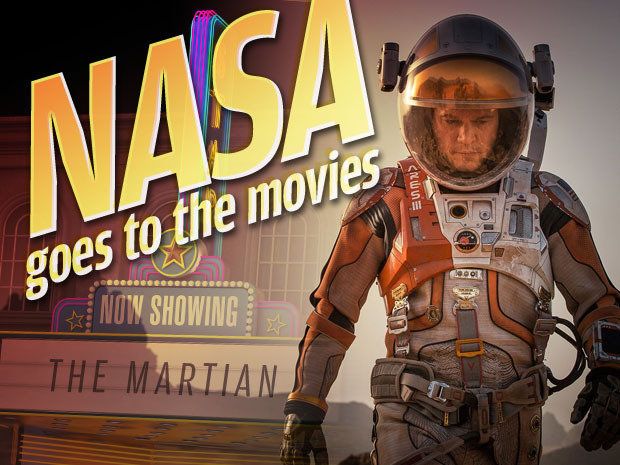
1. The Habitat.
2. Farming in space.
Continue reading “7 real NASA technologies in sci-fi movie The Martian” »
Aug 29, 2015
Boeing’s new laser canon can destroy drones in mid-flight
Posted by Shailesh Prasad in categories: drones, habitats, military, space
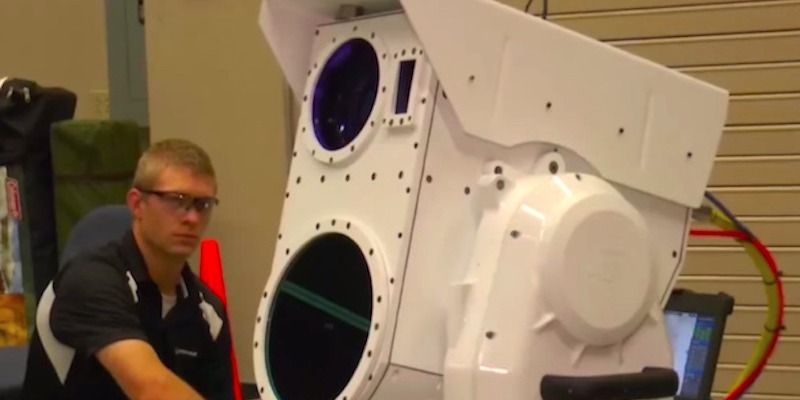
Drones are everywhere these days. They’re at your local park, they’re in the ocean, they’re hovering over the White House lawn, and they may even be hovering overhead armed with tear gas.
In a world that’s becoming increasingly drone friendly, there are some serious safety considerations that shouldn’t be ignored.
Continue reading “Boeing's new laser canon can destroy drones in mid-flight” »
Aug 28, 2015
Terminator-style ‘skin’ quickly repairs itself after a gunshot | New Scientist
Posted by Shailesh Prasad in categories: habitats, materials, space
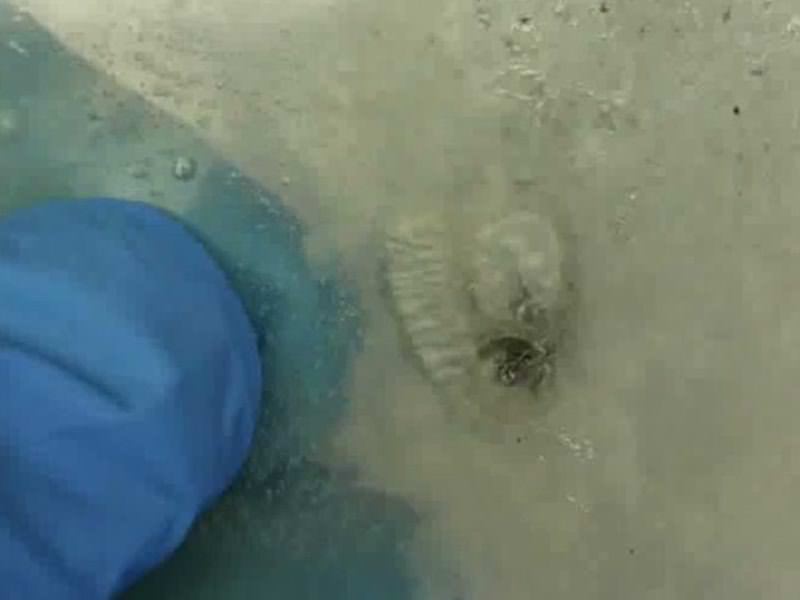
Other self-healing plastics exist, but they take much longer to repair themselves. The ability to instantly plug holes could be especially useful to protect structures in space, where flying objects can puncture spacecraft or orbiting habitats. The plastic could be incorporated into their walls, creating a seal if the atmosphere inside a vessel starts to leak out, putting astronauts at risk.
Other fabrics take a different approach: stopping projectiles altogether. A futuristic tissue combining human skin cells with spider silk can cushion a gunshot when fired at half speed. Pure graphene, which is made up of layers of carbon one-atom thick, is being investigated for use in bulletproof armour because it can handle blows better than steel.
Continue reading “Terminator-style 'skin' quickly repairs itself after a gunshot | New Scientist” »
Aug 16, 2015
Glass paint could keep metal roofs and other structures cool even on sunny days
Posted by Shailesh Prasad in categories: habitats, transportation
Sunlight can be brutal. It wears down even the strongest structures, including rooftops and naval ships, and it heats up metal slides and bleachers until they’re too hot to use. To fend off damage and heat from the sun’s harsh rays, scientists have developed a new, environmentally friendly paint out of glass that bounces sunlight off metal surfaces—keeping them cool and durable.
The researchers present their work today at the 250th National Meeting & Exposition of the American Chemical Society (ACS).
“Most paints you use on your car or house are based on polymers, which degrade in the ultraviolet light rays of the sun,” says Jason J. Benkoski, Ph.D. “So over time you’ll have chalking and yellowing. Polymers also tend to give off volatile organic compounds, which can harm the environment. That’s why I wanted to move away from traditional polymer coatings to inorganic glass ones.”

Kite Bricks is developing a revolutionary product that will change the way we build houses, buildings, bridges and sidewalks. From now on structures will be real thermal, much stronger and very cheap & fast to build.
Jul 9, 2015
Urban growth: Solitair tree nursery | Monocle
Posted by Odette Bohr Dienel in categories: architecture, environmental, habitats
Cities are often seen as the flipside of nature: synthetic, sleek and sometimes impersonal. For places that pine after being greener, the Solitair tree nursery provides a blueprint.
May 23, 2015
Experimental Architect Explores Biology’s Role in Urban Design — By Henry Grabar for Next City
Posted by Odette Bohr Dienel in categories: architecture, biological, complex systems, futurism, habitats, health, science
May 21, 2015
NASA and The Planetary Society Launch the LightSail
Posted by Odette Bohr Dienel in categories: astronomy, cosmology, education, energy, habitats, physics, science, solar power, space, space travel
Apr 3, 2015
What If We Had Another Earth?
Posted by Mark Nall in categories: futurism, habitats, robotics/AI, space, space travel, strategy
A realistic and desirable human destination would produce a different space program than what we have today.
“We reach for new heights and reveal the unknown for the benefit of humankind.” This is NASA’s Vision Statement. This is NASA’s reason for being, its purpose. This is a vision statement for science and knowledge. This vision statement was crafted in a solar system that has only one planet that is environmentally friendly to human life.
Thanks to the ongoing search for exoplanets, we’ve identified several planets in our galaxy that are Earth sized and in their star’s habitable zone. Based on statistics, potentially billions more are waiting to be found. We are just now developing the technology to detect them. But we’re nowhere near having the technology needed to get to visit them. They are simply too far away.
Now here is where I’d like to pose a what if question: What if there was another habitable planet just like Earth, right here in our own solar system? What would Earth’s space programs look like, if anyone with a good telescope could look up and see another world with oceans, and continents, and clouds, and green forests? I think that it is safe to say that space programs in this imaginary solar system would be vastly different than ours today. This is conjecture, but it seems likely that the vision statement above, would be more in line with making that new world available for humanity.
Tags: leadership, space, technology
